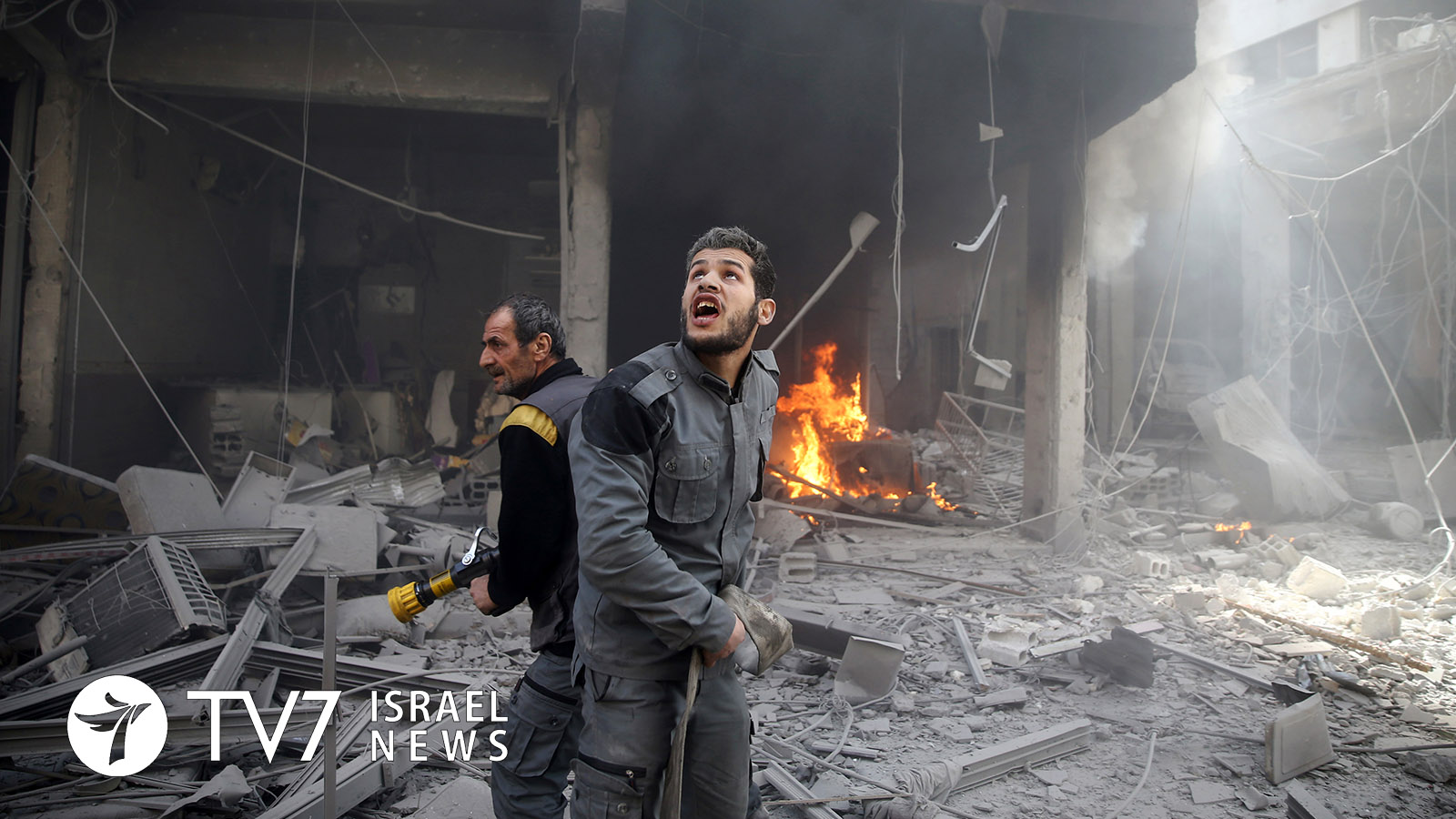A constant bombardment by the Syrian Air Force against Islamist militants in the Eastern-Ghouta neighborhood, whom have been launching indiscriminate mortar fire toward the civilian population of Damascus, drew international condemnations and has raised concerns of a humanitarian catastrophe. The United Nations envoy for Syria, Staffan De Mistura, urged the Syrian government and Islamist militants to immediately implement an “urgent” ceasefire, to avoid a further deterioration of the already dire situation. “The Special Envoy for Syria, Staffan De Mistura, reiterates that the humanitarian situation of the civilians in eastern Ghouta is appalling and therefore we are in urgent need for a ceasefire that stops both the horrific heavy bombardment of eastern Ghouta and the indiscriminate mortar shelling on Damascus,” UN spokesman Vellucci said.
In addition to the ceasefire, the United Nations stressed that ‘immediate and unhindered humanitarian access to the rebel-held territories’, which are currently under siege, must be made possible; and called on Russia, Turkey, and Iran to hold an urgent meeting aimed at re-installing de-escalation zones that have completely crumbled.
In response to the calls by the world body, Russia announced that it is ready to agree on a U.N. Security Council draft resolution for a Syria-ceasefire. That said, Moscow demands that guarantees for a ceasefire from all actors involved in the conflict will be provided, before it will be willing to advance a viable resolution. “There is no answer to the question: where are the guarantees that (the rebels) will stick to this humanitarian pause and where are the guarantees that they will not continue shooting at Damascus residential areas? We are not given such guarantees.” / “That’s why, for the resolution to be efficient — and we are ready to agree on the text which would make it so — we propose a formula which would make the ceasefire real, based on the guarantees of all who are inside eastern Ghouta and outside eastern Ghouta,” Lavrov said.
During a meeting of the U.N. Security Council on the matter of a ceasefire, U.S. Ambassador Nikki Haley condemned Russia for stalling a resolution that would have brought a temporary end to hostilities. ‘Every minute the Council waited on Russia the human suffering grew. Getting to the vote became a moral responsibility for everyone, but not for Russia, not for Syria, not for Iran. I have to ask why? / “The Syrian people should not have to die awaiting Russia to organize their instructions from Moscow, or to discuss it with the Syrians. And why did the Council allow this? There is no good reason that we shouldn’t have done this Wednesday, or Thursday, or Friday. We may not know the faces that we are talking about, we may not know their names, or these people — but they know us. And we all failed them this week. I guess there is unity in that,” Haley said.
After several days of delay and last-minute negotiations to win the support of Russia, the U.N. Security Council adopted a resolution that was drafted by Sweden and Kuwait, demanding a cease-fire for 30-days “without delay” to allow aid access and medical evacuations. That said, Iran said its pro-Damascus forces would press ahead with attacks on an insurgent enclave near the Syrian capital, as ground fighting raged on there in defiance of the ceasefire. Turkey, too, said its military operations in another theater of war in the north of Syria would not be affected by the unanimous Security Council vote demanding the truce to allow for aid access and medical evacuations.
